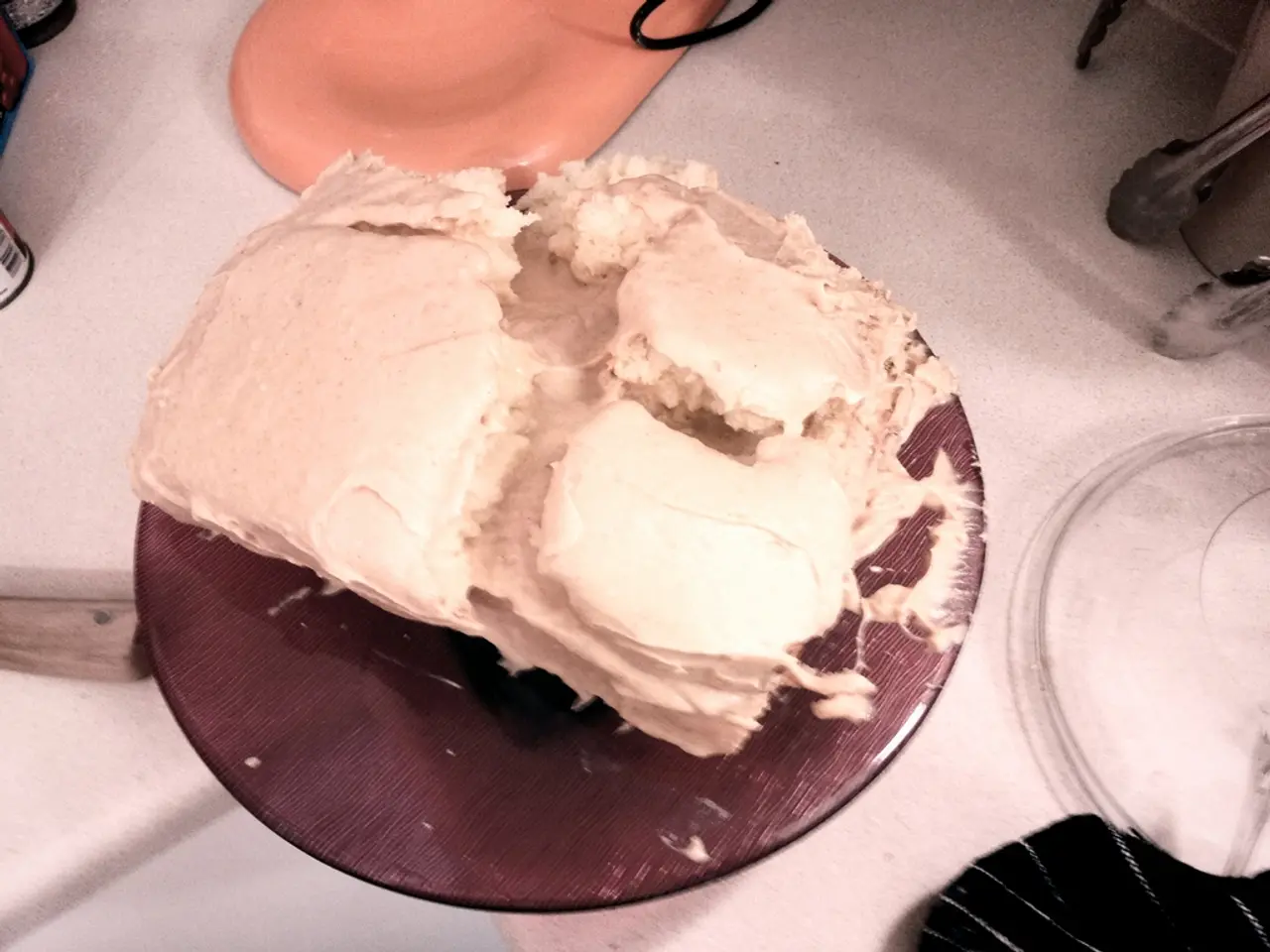Anal Itch Causes, Treatments, and Home Remedies: Exploring Causes, Options for Treatment, and Home Solutions for Relief
In the realm of health concerns, an itchy anus, medically known as Pruritus Ani, can be an uncomfortable and embarrassing issue for many individuals. This condition can be caused by a variety of factors, ranging from minor skin irritations to underlying systemic conditions.
When experiencing persistent itching, it's essential to consult a doctor. They may inquire about the duration of the itching, what triggers it, lifestyle factors, diet, hygiene practices, recent travel, the severity of the itch, and its impact on daily life. A doctor may also examine the anal area for signs of cracked skin, inflammation, bleeding, hemorrhoids, infection, abnormal skin lesions, and other symptoms such as bleeding or stomach cramps.
In some cases, anal or rectal disorders like piles, anal fistulas, and anal fissures could be the culprits. Cosmetics, soaps, and other products can also irritate the skin, leading to itching. Systemic conditions, such as anemia, diabetes, inflammatory bowel disease (IBD), jaundice, leukemia, lymphoma, and thyroid disease, can also cause anal itching.
Treatment for Pruritus Ani varies depending on its underlying cause. Common treatments include topical corticosteroids, antihistamines and antipruritics, topical anesthetics, protective ointments, and lifestyle changes such as adopting a high-fiber diet and maintaining good hygiene. Addressing underlying causes, such as infections or skin conditions, is also crucial.
In persistent or severe cases, a healthcare provider may refer the individual to a specialist. It's important to remember that treating an underlying condition can help stop the itching and prevent further complications.
Home remedies for anal itching include avoiding known irritants, keeping the anal area clean, using aqueous cream or emollient as a barrier, drying the area well, applying unscented powder, eating plenty of fiber, avoiding highly seasoned and spiced foods, and more. Incontinence can also contribute to anal itching, making it difficult to control moisture and bacteria.
It's essential to note that anal itching is a symptom and not a disease in itself. While some foods like chili peppers, carbonated beverages, alcohol, milk products, cheese, nuts, tomato and tomato-based products, citrus fruits, spicy foods, and chocolate may contribute to anal itching, there's no evidence that avoiding a specific food will help reduce it. Infections, including sexually transmitted infections (STIs) and parasitic infections, can also lead to anal itching.
Lastly, psychological causes can trigger anal itching, leading to anxiety, stress, depression, and trouble sleeping. Maintaining good personal hygiene, avoiding scratching, and wearing loose, breathable cotton underwear can help manage symptoms.
If you're experiencing persistent or severe anal itching, don't hesitate to consult a healthcare provider. Early detection and treatment can help alleviate discomfort and prevent further complications.
- The medical terminology for an itchy anus is Pruritus Ani, a condition that can stem from minor skin irritations to underlying systemic conditions, such as obesity, COPD, psoriasis, and even skin-care products.
- When evaluating the causes of persistent itching, medical professionals may question various factors including lifestyle, diet, hygiene, and the presence of specific medical-conditions like hemorrhoids, infections, or even skin lesions.
- Treatment approaches for Pruritus Ani can vary significantly based on the underlying cause, with options such as topical corticosteroids, antihistamines, antipruritics, anesthetics, protective ointments, and lifestyle changes like a high-fiber diet and improved hygiene.
- Addressing underlying conditions, such as infections or skin-conditions, is critical for durable relief from anal itching, while home remedies like avoiding irritants, maintaining cleanliness, and using aqueous cream can help manage symptoms.
- In some cases, it may be necessary to seek the guidance of a specialist, especially when dealing with chronic or severe itching, as treating the underlying cause can help stop the itching and prevent further complications.
- Beyond physical causes, psychological factors like anxiety, stress, and depression can also contribute to anal itching, emphasizing the importance of managing mental health as part of overall health and wellness.




